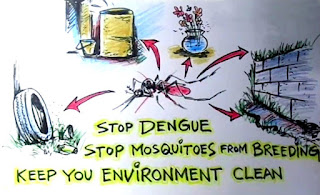The Early Years
La Paz was founded in 1535 by Hernán Cortés, the Spanish conquistador who is best known for leading the expedition that caused the fall of the Aztec Empire. Cortés arrived in the area in search of pearls, and he named the new settlement "Santa Cruz" (Holy Cross). However, the harsh desert conditions and the lack of freshwater made it difficult for the settlement to thrive, and it was eventually abandoned.
In 1596, Spanish explorer Sebastián Vizcaíno rediscovered the area and renamed it La Paz (The Peace). This time, the Spanish established a more permanent settlement, using it as a base for further exploration of the Baja California Peninsula.
The Mission Era
During the 17th and 18th centuries, the Jesuits and later the Franciscans established missions in the region to convert the indigenous peoples to Christianity. One of the most important of these missions was the Mission Nuestra Señora de La Paz, founded in 1720. The mission played a crucial role in the development of the region, serving as a center for agriculture, education, and religion.
The Mexican War of Independence
In the early 19th century, Mexico gained independence from Spain, and La Paz became part of the new nation. However, the region was largely isolated from the rest of Mexico, and development was slow.
The Pearling Industry
In the late 19th and early 20th centuries, La Paz experienced a boom in the pearling industry. The waters around the city were rich in pearls, and many people came to La Paz to try their luck as pearl divers. The pearling industry brought wealth to the region and led to the construction of many beautiful buildings in the city.
Modern Times
In the 20th century, La Paz began to develop into the bustling city that we know today. The construction of roads and the completion of the Transpeninsular Highway in the 1970s made the city more accessible, and tourism began to flourish.




